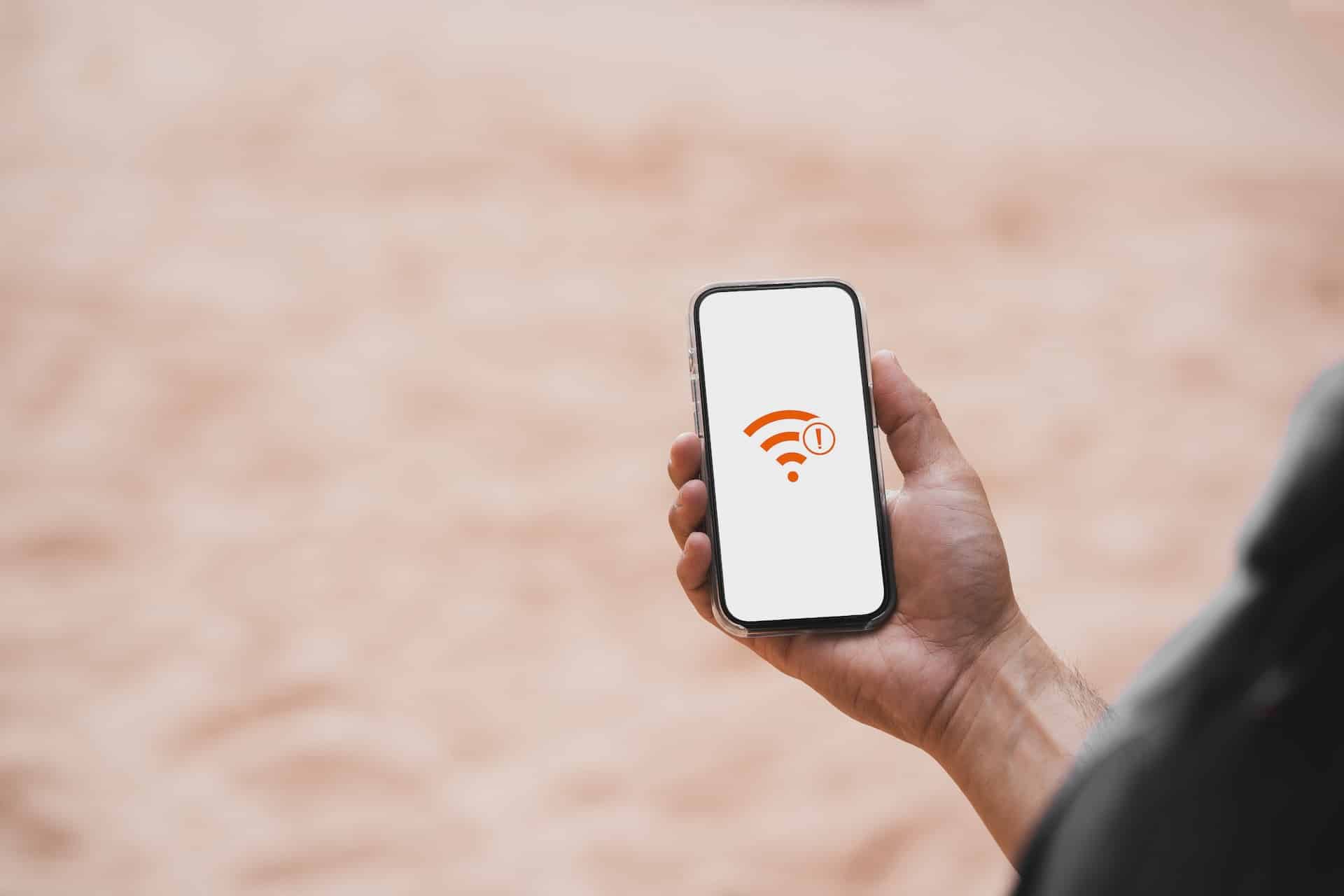The freedom to hit the open road in your RV and explore new destinations is an incredible experience. However, for many travelers, especially remote workers, digital nomads, and those who enjoy streaming services, maintaining a strong and reliable internet connection is essential. That’s why Open Road Mobile offers Vanguard Connect, the most dependable and seamless RV internet connection available, ensuring that you can stay connected and productive on the go.
But simply having a great RV internet connection is not always enough to guarantee a consistent and seamless digital experience. In fact, there are many factors that can impact the performance of your motorhome’s internet connectivity, such as location, interference, and device settings. To make the most of your RV internet connection, it’s important to be aware of these factors and take the necessary steps to optimize your digital experience.
In this blog post, we’ll dive into various strategies to help you get the most out of your RV internet connection, from selecting the right equipment and technologies to optimizing your network settings and positioning for an optimal signal. Whether you’re working on the road, streaming movies, or simply staying connected with friends and family, these tips will ensure that you never have to worry about losing your connection.
Understanding the Limitations of Mobile Internet and How to Overcome Them
The mobile internet is an incredible technology that allows you to connect virtually anywhere there’s cellular coverage. However, the nature of this technology also means that there can be limitations in terms of speed, latency, and performance. Signal strength can vary based on factors such as your distance from the nearest cell tower, the surrounding landscape, and even weather conditions.
To overcome these limitations, consider using multiple internet sources in conjunction with one another. For instance, you can combine a cellular data connection with a satellite or Wi-Fi connection for increased speed and reliability. Additionally, investing in a high-quality cellular signal booster can greatly improve signal strength and stability, resulting in a more consistent internet experience.
Choosing the Right Internet Equipment for Your RV Travel Needs
Selecting the most suitable internet devices and equipment for your RV is crucial for staying connected on the go. Different travelers have different needs, but a few general principles apply:
– Cellular devices: Relying on your smartphone’s hotspot capabilities might be enough for casual internet use, but for the best performance, consider investing in a dedicated mobile hotspot or modem. These devices often provide better signal strength and can be used with external antennas for even greater coverage. If you’re looking for excellent internet connectivity on the road, check out Open Road Mobile’s Vanguard Connect—it’s easy to set up and can provide reliable internet connection.
– Wi-Fi routers: While most hotspots come with a built-in Wi-Fi connection, a dedicated Wi-Fi router can vastly improve your network’s range, speed, and security. RV-specific routers often come equipped with features tailored to the unique challenges of RV life such as dual-band connectivity, multiple Ethernet ports, and compatibility with a range of external antennas.
– Signal boosters and antennas: For those who frequently travel in remote areas or struggle with weak cellular signals, Wi-Fi signal boosters and directional antennas can be a game-changer. They work by amplifying existing signals, improving both signal strength and overall connection stability.
Leveraging Technologies to Optimize Your RV Internet Connection
To optimize your RV internet connection, it’s important to become familiar with the various technologies, tools, and settings available to you. Some examples include:
1. Wi-Fi signal boosters: As mentioned earlier, these devices amplify existing Wi-Fi signals to improve the range and strength of your connection. Signal boosters are especially helpful in larger RVs, where distance and interior walls can cause signal loss.
2. Antennas: External antennas can help capture a stronger signal from nearby cell towers or Wi-Fi networks. For the best results, choose an omnidirectional or directional antenna designed specifically for RV use. Mounting the antenna on your roof or an elevated pole can also improve reception.
3. Network settings: Many devices and routers offer settings that can optimize your connection, such as choosing the best Wi-Fi channel or adjusting roaming aggressiveness. Consult your device manufacturer or Internet service provider for advice on optimizing these settings.
Effectively Managing Your Data Usage
When using an RV Internet connection, it’s crucial to monitor your data usage to avoid running out of bandwidth or incurring overage charges. Some practical steps for managing data usage include:
1. Monitoring your usage: Keep track of your data consumption with the help of your Internet service provider’s tools or third-party apps.
2. Disconnecting idle devices: Be sure to disconnect devices from the internet when they’re not in use to prevent background data consumption.
3. Limiting large downloads: Schedule large file downloads or software updates for when you have access to free Wi-Fi, such as at campgrounds or public hotspots.
4. Prioritizing tasks: Prioritize your online activities by focusing on essential tasks first and reserving data-intensive activities like streaming or online gaming for when you have a more stable connection.
Smart Positioning of Your Internet Devices for Improved Signal Strength
Proper positioning of your internet devices is crucial for maintaining a strong connection. Some tips for optimal device placement include:
1. Elevate your devices: Place your modem, router, or hotspot on a shelf or another elevated surface to improve signal strength and range.
2. Keep devices away from obstacles: Avoid placing your equipment near large metal objects, windows, and walls, as these can cause interference and signal loss.
3. Position antennas appropriately: Position external antennas perpendicular to one another for the best coverage and the least interference.
Troubleshooting Common Connectivity Issues and Practical Solutions
Even with the best equipment and strategies, connectivity issues can arise. When faced with a problematic RV internet connection, consider the following tips to help identify and resolve issues:
1. Check your signal strength: Use your device’s signal indicator or an app to determine if weak signal strength is the cause of your connectivity issues.
2. Restart your devices: Power-cycling your modem, router, or hotspot can often resolve many common connection problems.
3. Update your devices: Ensure your devices’ firmware and software are up to date, as outdated versions can cause performance issues.
4. Test alternative locations: Move your equipment to different areas in your RV or outside to determine if interference or obstacles are contributing to your connection issues.
Conclusion
Staying connected while traveling in an RV is essential for many adventurers – but achieving a seamless and uninterrupted digital experience can sometimes be challenging. By understanding the limitations of the mobile internet, choosing the right equipment, leveraging technologies, managing your data usage, and positioning your devices optimally, you’ll be better equipped to enjoy a reliable RV internet connection. Open Road Mobile and Vanguard Connect are dedicated to helping you stay connected and focused on what truly matters: exploring, discovering, and creating unforgettable memories.

